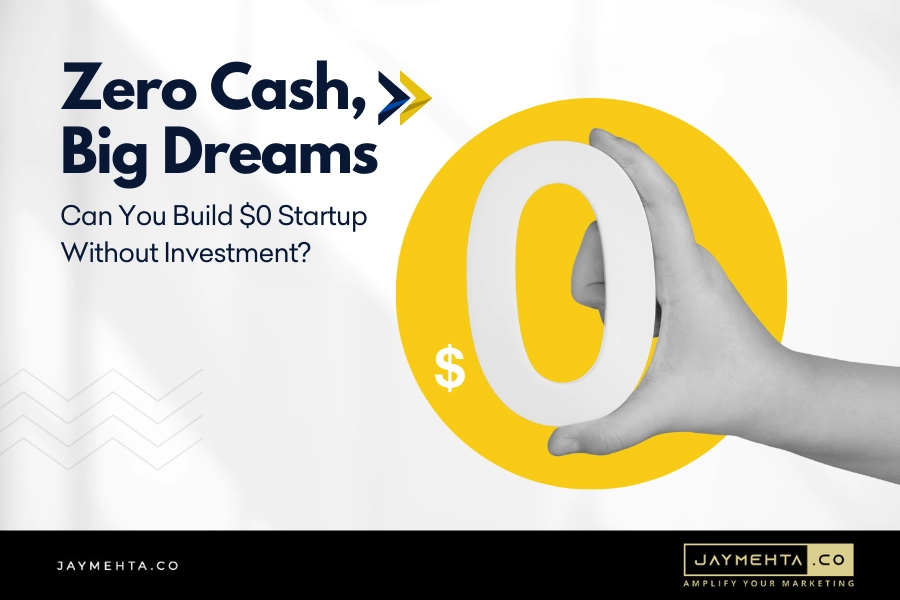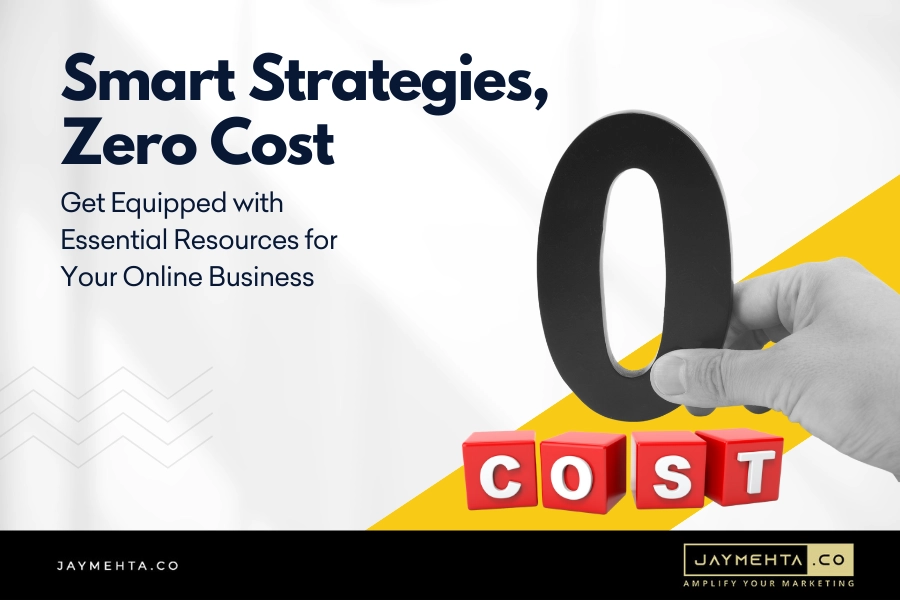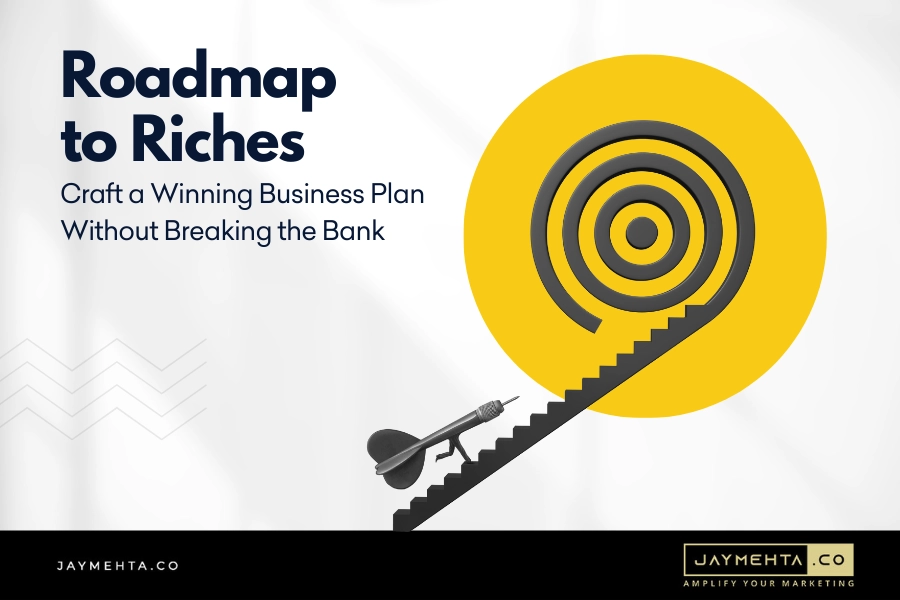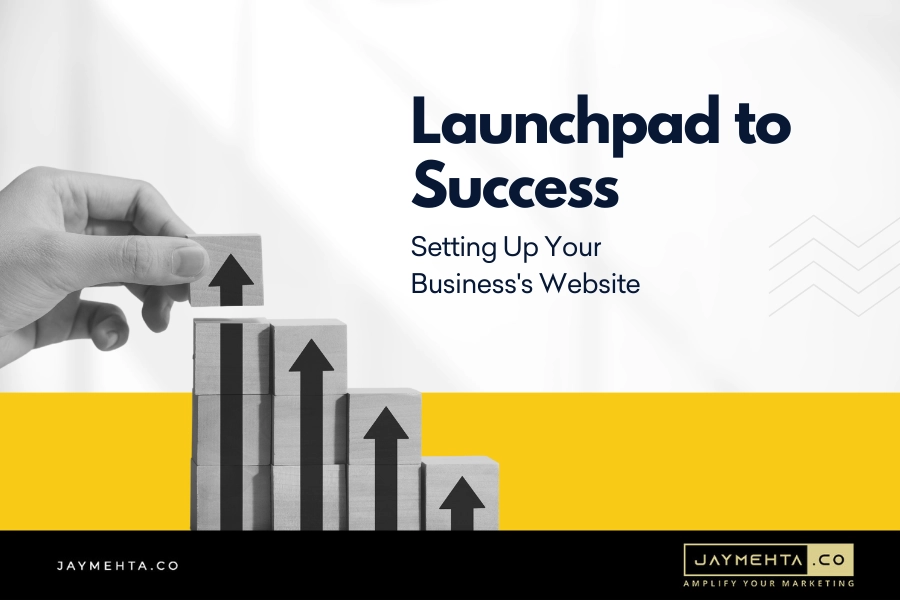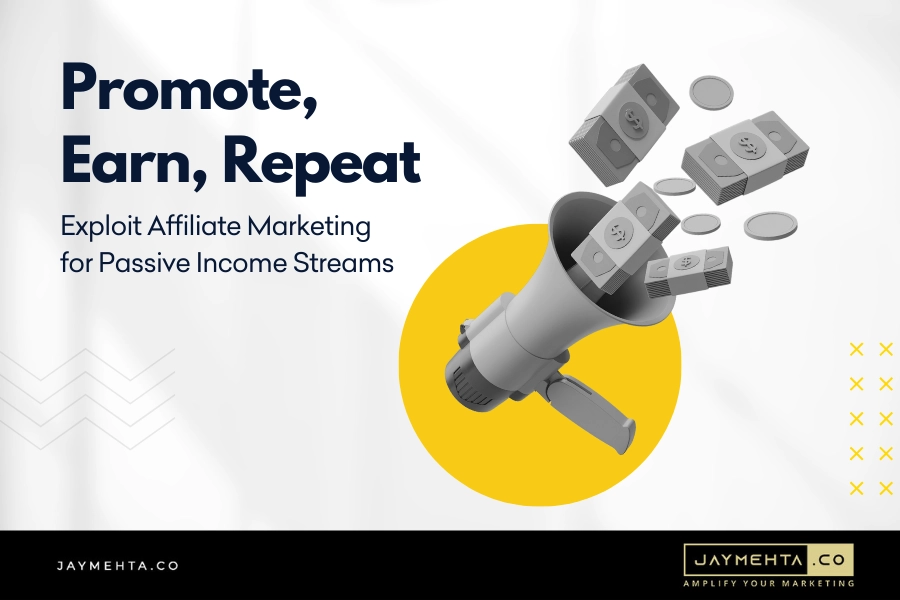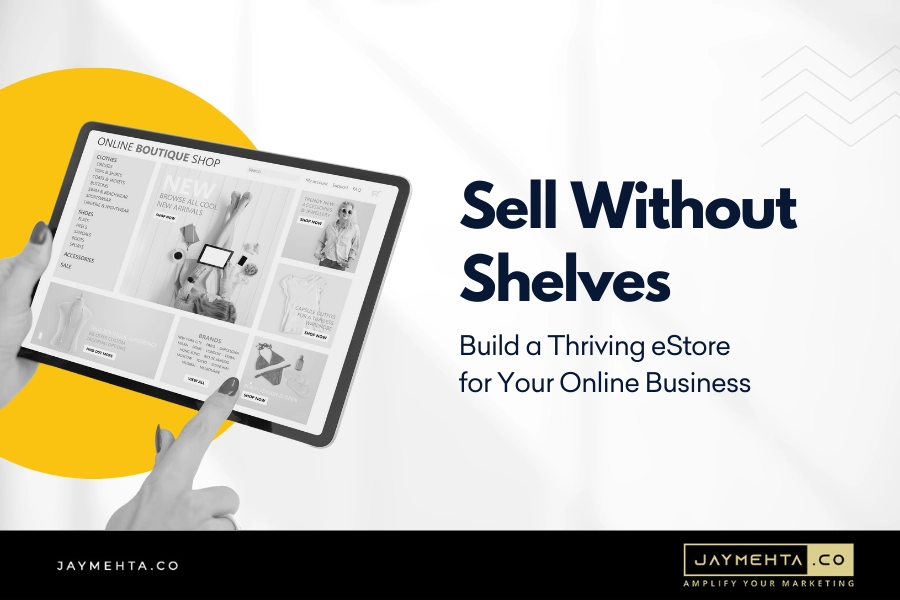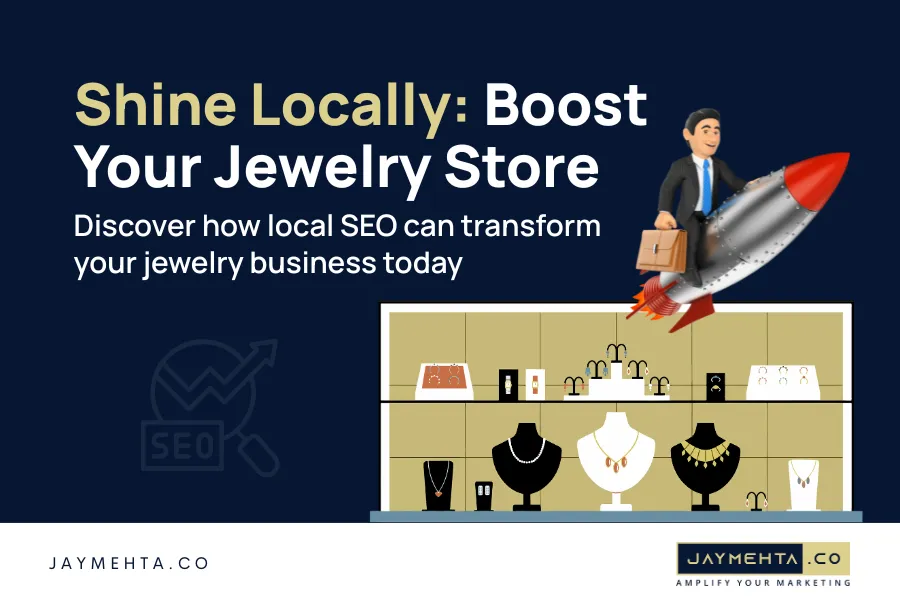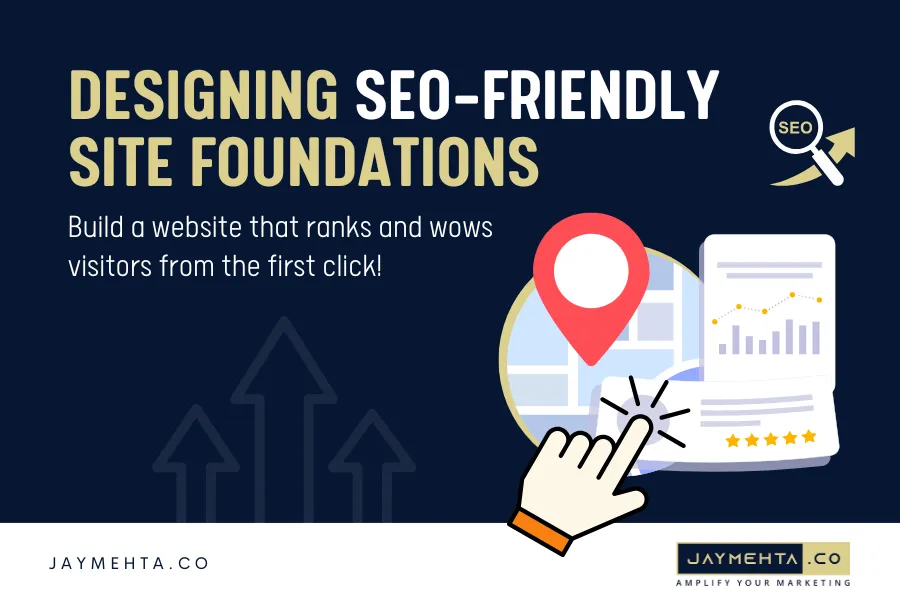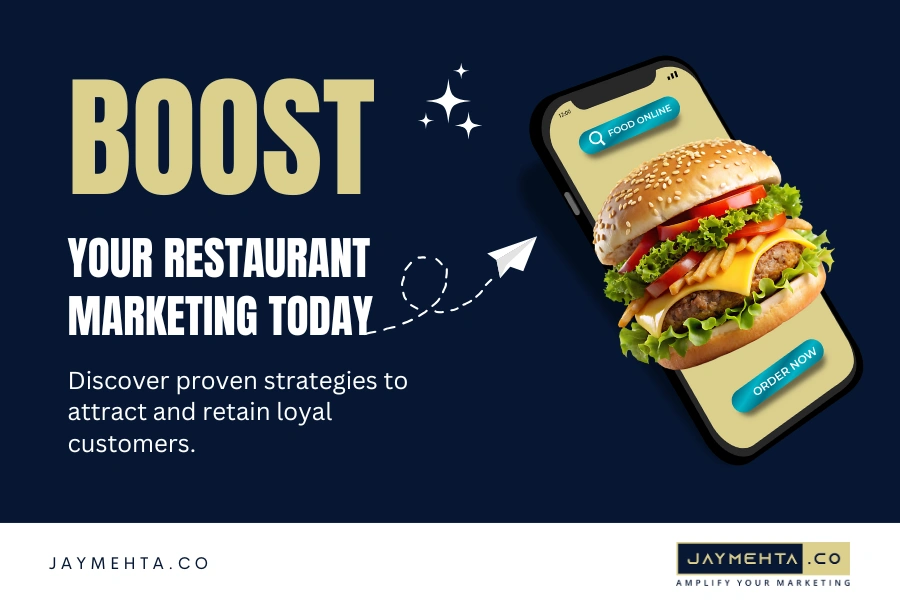It's a common adage that 'you need money to make money.' While this saying holds some merit, it's not an absolute truth. Numerous strategies exist for initiating and expanding a successful startup without any financial investment.
Is this process straightforward? No, not by any means. If you're fortunate enough to have extra funds, investing in your business is a wise move to jump-start its growth.
However, we realize that not everyone has this luxury—and that’s OK. There are business strategies that require zero initial capital to get started, making them low-risk, high-reward ventures. In this guide, we will focus on such business models.
Below, we’ll walk you through the best business solutions you can start without money. While there are no completely free endeavors in life, these business ideas come pretty dang close.
But first, Is it wise to start a business without any financial backing?
Starting a business demands a fair amount of planning, which includes assessing how much capital you'll need. Starting a business with little to no money is feasible, but this approach will certainly test your creativity and commitment. If this is your goal and you intend to grow the business on a shoestring budget, it's important to know what options are available to you.
Should You Initiate a Business with No Initial Capital?
You may have seen other emerging businesses securing substantial venture capitalist (VC) funding or significant business loans. Although you can seek out equity financing or a lender to fund your business, that's not always the most suitable choice.
Top Online Business Ideas With Little or No Investment
- Weigh Up Your Business Idea
- Utilize Free Resources
- Creating a Comprehensive Business Plan
- Choose Your Business Name
- Establishing a Strong Brand
- Launch Your Business's Website
- Start a Blog and Make Money From It
- Engaging in Affiliate Marketing
- Establishing an E-commerce Store
- Building a Robust SEO Foundation
Finding a viable idea is half the battle when starting any business venture. The other half is raising the money needed to bring that idea to fruition. If you have a brilliant business idea but lack the financial resources, it doesn't mean your road to entrepreneurship is over. There are plenty of ways to start a business—even if you've no initial capital to invest.
Let us share how to bootstrap your own business with minimal cash. The goal is to start making money, you can later reinvest into growth. From validating your idea to earning your first dollar, here’s how to start a business with a $0 investment.
-
Weigh Up Your Business Idea
If you are starting a business on a limited budget, you likely plan to eventually invest money into your idea, even if you intend to reinvest the proceeds.
Before committing funds to your business, ensure you validate your idea within your trusted circle. Sometimes, what we believe is a fantastic concept, but when we explain it or pitch it to others, we often realize that the idea may be a tough sell.
Even though startup costs are low, ensuring that your idea has legs enabling you to spend your time and ultimately earn money is essential.
The first stage of starting a new business is developing an idea. If you’re eager to get into entrepreneurship but don’t have any personal savings or other funding sources, consider these innovative business ideas that require zero investment.
-
Experiment with Dropshipping
Dropshipping is an appealing model for those venturing into entrepreneurship without much disposable income. It demands low initial investment since you don’t handle inventory directly. Vendors only charge when you make a sale and handle shipping directly to your customers.
As a beginner, delving into dropshipping on your own path to entrepreneurship is a prudent choice. Success here lies in sourcing trendy products and marketing them using organic tactics like SEO to reach potential buyers.
-
Embrace Service-Based Ventures
Launching a business without funds often starts by selling your services. Even if you haven’t mastered a specific skill, capitalize on what you excel at compared to others. Leverage your experience, knowledge, skills, and available resources to craft service-based offerings such as:
-
Freelance writing
-
Virtual assistant services
-
Social media marketing
-
Food services
-
House cleaning
-
Online shopping stores
-
Bookkeeping services
Despite skepticism about these ideas of earning only minimum wage, service-based businesses can be highly lucrative. Some freelancers earn six figures annually within two years of starting their business.
-
-
Sell Handcrafted Goods
If a hands-on approach appeals to you, transform your hobby into a profitable endeavor by selling handcrafted goods. Platforms like Etsy or your online store can be a launchpad for items like Artwork, Crafts, Jewelry, Skincare, Woodworking projects, and Handmade clothing.
Consider the story of an entrepreneur who ventured into selling candles due to their straightforward business model. Candles involve a manageable learning curve, minimal regulatory hurdles, and the capability to scale production. Reinvesting profits into the business accelerates growth. Many entrepreneurs thrived during the pandemic by cultivating low-investment businesses that now operate from commercial spaces.
-
Launch an On-Demand Business
Exploring an on-demand business model is prudent for those lacking upfront cash for inventory. This involves labeling products like tote bags or t-shirts and selling them per order. Print-on-demand companies handle printing and shipping on your behalf.
Choose from various on-demand services like restaurants, transportation, food delivery, healthcare, fitness, beauty, or home services, requiring minimal initial investment (often just a website to validate the concept). Like dropshipping, the costs associated with this model are minimal and devoid of storage expenses, making it an attractive option for a zero-dollar startup.
-
Sell Digital Products
Digital products offer a remarkable avenue to initiate an online business without initial funds. Utilize your expertise by packaging ideas into digital formats such as Ebooks, Online courses, Worksheets, Photography presets, and more.
The allure of digital products lies in their scalability. Create once and sell multiple times through platforms like Shopify using the Digital Downloads app. Many entrepreneurs harness digital products to generate passive income due to their scalability and replicable nature.
-
-
Utilize Free Resources
While there are numerous high-cost options for business training, there are even more low- and no-cost resources that can educate you on almost everything you need to know.
Commence with online searches and a visit to your local library to discover free, high-quality business advice. You can obtain tailored business guidance at no cost by collaborating with a volunteer mentor. Allow your mentor to assist you in selecting a business model that can leverage digital platforms for affordable growth and scalability.
You can leverage online platforms to avoid excessive spending on unnecessary embellishments initially, such as using WordPress to create a free template website instead of hiring a designer for a custom build.
-
Creating a Comprehensive Business Plan
A business plan is the blueprint for how you’ll outline the strategies and steps a business will take to achieve growth and success. The plan's contents will vary depending on the chosen low-cost business model.
Generally, a business plan includes the following:
-
Company Description: Provide an overview of the company you’re about to start, including the business model and legal structure.
-
Business Model: Decide whether your business will be an LLC, C corp, S corp, B Corp, or sole proprietorship.
-
Market Research: Include demographics that your target market shares. For example, will you sell directly to consumers or via wholesalers? How does this compare to competitors?
-
Products and Services Offered: Explain the product or service and why people will buy it. Remember, this is how you'll make money.
-
Marketing Strategy: Detail how you will promote your business to reach your target market, whether through social media, advertising, or email marketing.
-
Logistics and Operations Plan: Outline how you intend to get your product or service into the hands of your paying customers. This could involve dropshipping suppliers, third-party logistics companies, or handling the process internally, such as printing labels yourself.
-
Financial Plan: Provide details on how you intend to make (and spend) money. Include your financial needs, costs and expenses, balance sheet, and cash flow projections.
Tip: Need help writing your business plan? Try a free business plan template.
-
-
Choose Your Business Name
The next step in launching a business is selecting a name. It should be catchy, recognizable, and, most importantly, not already in use.
Remember: The name you pick will be associated with your business throughout its lifetime. Ensure it's one you genuinely like and can envision growing with you to prevent complications later.
Once you've settled on a name, secure online assets that align with it, such as:
- The domain name, for instance, BRAND.com
- Social media handles, like facebook.com/BRAND
Tip: If you're facing challenges, consider using a free business name generator for inspiration.
-
Establishing a Strong Brand
Now, as a small business owner, you're about to embark on one of the most exciting and sometimes nerve-wracking journeys—creating your brand. Let’s get straight to the essentials:
-
Business Name: Choose something catchy, descriptive, and, ideally, unique. It's your first impression—make it count.
-
Brand Story: Define who you are, your core values, and what sets you apart. This narrative should be seamlessly integrated into all your branding and marketing materials.
-
Logo: Keep it eye-catching and interesting, but avoid overdoing it. Simple and clean is a safe bet. Try Shopify’s logo maker for a quick start.
-
Brand Style: Develop a “brand book” laying out your colour palette, fonts, imagery style (photography, illustrations, visual styles, etc.), and tone of voice. Consistency is key.
-
Marketing Assets: Once you have the basics, maintain consistency across all your assets—website, social media, online ads, and print materials. This ensures a cohesive brand identity.
As a business owner, your brand guidelines will become the backbone of your business strategy. A strong brand influences social media efforts and guides hiring practices and communication styles. Don’t underestimate the power of free resources like Canva’s design tool or Shopify’s logo maker in building a brand without breaking the bank.
Related Blog: Building an Impactful Online Brand: Your Success Guide
-
-
Launch Your Business's Website
The process of initiating a business has been cost-free up to this point. While you can continue on the $0 path, an online store plan is the wisest investment. A basic website serves as a landing page for your business online, allowing you to inform potential customers about your products or services.
If you're on a budget, the Shopify Starter plan costs as little as $5 per month. It's a modest investment for a professional online presence that can assist you in making your first sale.
-
Start a Blog and Make Money From It
If you have expertise, passion, or a keen interest in a particular topic, you can start making money through blogging. You can launch your blog free using a service like Blogger (www.blogger.com). Alternatively, you can build your own site and get secure hosting at a reasonable cost.
It is generally recommended to create your own site because free blogging platforms often have limitations on what you can say or do, including making money or advertising.
Blogging is not just limited to writing. While written blog posts are a great way to start, you can also post photos, videos, and links to other websites. You can even repost news and articles as long as they are relevant to your niche. So, blogging offers a lot of flexibility and allows you to experiment with different types of content.
The key lies in consistently posting original, valuable content for your target audience. This practice enhances your search engine rankings and encourages your audience to take action.
What kind of content should you provide? Anything that captivates your prospect. This includes how-to guides, top-10 lists, commentary on niche trends, and tips and tricks articles—essentially, content that serves a purpose. The possibilities for blog content are vast.
Related Blog: How to Write an SEO-Friendly Blog Post
Monetizing an online business blog can be achieved in various ways:
-
Google AdSense
If you've visited a website and encountered ads, chances are they were part of the Google advertising network. Pay-per-click ads from this network can be featured on your blog. You earn a few cents or more each time a visitor clicks on an ad related to your niche. Though the amounts may seem small individually, they accumulate over time.
This process is incredibly hands-off—simply obtain a code from Google, place it on your website, and the ads will automatically appear on your blog. Google ensures the displayed ads are relevant to your blog, enhancing the visitor experience and maximizing your click-through rates for increased income.
Read Also: How Can Google Ads Help You Advance Your Business Goals
-
Blog Ad Networks
Beyond Google, you can collaborate with other ad networks, such as Blogads, and incorporate banner ads into your blog. Like Google Adsense, you place the code on your website, earning money when visitors click on the ads. In addition to banner ads, video ads can be featured on your site.
While blog ad networks may offer higher earning potential, they typically require a substantial monthly visitor count, unlike Google Ads, which allows you to start earning immediately regardless of traffic volume.
-
-
Engaging in Affiliate Marketing
Affiliate marketers generate sales commissions by promoting products or services from others. It is an excellent online business opportunity to initiate and generate income. Many affiliate marketers endorse products and services through their blogs, websites, and email lists.
To cultivate an audience, they must acquire expertise in various online marketing strategies, including SEO, email marketing, social media marketing, and content marketing.
Numerous affiliate programs are available for registration, allowing you to commence endorsing products. Follow our comprehensive guide for beginners to kickstart your journey into affiliate marketing. Alternatively, you can establish an Amazon affiliate store using WordPress. By showcasing Amazon products on your website, you can earn a commission when visitors click the link and complete a purchase.
-
Establishing an E-commerce Store
Creating an online store and selling products has become more accessible than ever. Anyone can swiftly set up an online store and begin selling products, whether physical goods requiring shipping or digital downloads like eBooks, music, software, and more.
Before commencing, thorough research is crucial. Consider the following tips to help brainstorm ideas:
- Identify a niche with high demand and low competition.
- Devise ways to distinguish your e-commerce site by implementing strategies not commonly used by other businesses.
- Evaluate the costs associated with transporting products from the manufacturer to customers.
- Establish a pricing model that enables your products to compete and provide significant value to your customers.
- Ensure that your profit margins are reasonable to sustain and foster long-term growth for your business.
Choosing a platform for your e-commerce business is also essential. While both WooCommerce and Shopify are excellent options, our recommendation is WooCommerce.
-
Building a Robust SEO Foundation
SEO, or Search Engine Optimization, is crucial for website owners looking to attract more visitors from search engines. It's a skill that requires continuous learning and staying updated on the latest trends. SEO specialists can establish their own agencies, work as freelancers, or become full-time employees at a company.
You can embrace SEO techniques by managing successful websites or obtaining certifications online. Find clients on freelancing platforms such as UpWork and Freelancer.com.
Given the competitiveness of the SEO industry, it's essential to make the most of the best SEO tools available on the market. Here are some free SEO tools that can be particularly useful:
-
Google Analytics: Gain insights into your website traffic and user behavior.
-
Google Search Console: Monitor your site's performance in Google search results.
-
Yoast SEO: A WordPress plugin that helps optimize your content for search engines.
-
AnswerThePublic: Find popular topics and questions related to your keywords.
-
Ubersuggest: Offers insights into keyword competition and content ideas.
Learning basic SEO techniques, utilizing keyword research tools, mastering content marketing tools, and incorporating these free SEO tools will contribute to your success in the dynamic world of Search Engine Optimization.
-
Wrapping Up
These ideas are just a few top opportunities that you can explore to start an online business with zero investment. And to be a truly digital business, you no longer have to limit yourself to one geography. With the internet, you can connect and work with customers worldwide and use the latest payment gateways to accept international clients' payments.
Moreover, it lets you settle your funds directly into your bank account and accept payments using local currency, UPI, debit and credit cards, net banking, and other options. So if you have a great idea, do not hold yourself back and take the first step towards your entrepreneurial success story.
Putting it all together, you don’t need upfront capital to start a business. Many entrepreneurs have created successful businesses from scratch—often with no outside funding. A great idea, commitment, and an entrepreneurial spirit will get you further than you think.
Knowing what business to start is just the first step (albeit an important one). Now, it’s time to figure out how to do it. That’s where we can help.
You're surfing the internet to discover how to kickstart a business on a tight budget. We get it; perhaps you're initiating a side hustle or expanding your business's marketing efforts. We fully understand your situation, and that's where Jay Mehta Digital comes in.
With years of experience and proven techniques, we'll guide you through launching your business to crafting an effective marketing plan. Our business consulting services are tailored to support your entrepreneurial journey, enabling you to grow your venture without breaking the bank.
How To Start A Business With No Money FAQ
What is the easiest business to start with no money?
A practical and low-cost business model is drop shipping. This approach is budget-friendly as costs are incurred only after a sale, eliminating upfront expenses like storage or bulk production. As an online venture, it enables earning from the comfort of your home.
How can I attract customers without a marketing budget?
Several strategies can be employed if you seek ways to attract customers without a marketing budget. Firstly, leverage social media platforms and networking to promote your business. Word of mouth is also a potent tool, so concentrate on delivering exceptional value to your customers and encourage them to provide referrals. Furthermore, it is crucial to establish an online presence through free channels.
What's the financial requirement to establish a business?
Starting a business can cost a lot or a little, depending on your chosen business type. For instance, some businesses require substantial upfront investment to cover expenses such as retail space, while others can be started with just an internet connection.
In fact, there are business models like dropshipping, print-on-demand, and selling digital products that allow you to start your own business with no money at all.
How important is market research to a successful business?
Conducting thorough market research is vital for any successful enterprise. This process encompasses seven distinct activities, providing insights into competition and understanding customer demographics, market trends, and consumer preferences. Effective market analysis is key to shaping a business’s immediate and long-term strategies.
What is the first step to starting an e-commerce store?
The initial step towards starting an ecommerce store is determining what you want to sell. However, several subsequent steps include selecting a platform, devising a marketing strategy, etc. You cannot initiate a business without a good product or line of products. Therefore, begin by selecting your products and tackle the other aspects as you progress.
How long does it usually take to start making money with e-commerce?
The return on your ecommerce investment can be seen within a few months to a year or more, depending on how much effort and strategic planning you invest in the beginning. If you spend less money on your ecommerce operation upfront, you’re more likely to turn a profit sooner.
What common mistakes should be avoided when starting a business with no money?
Avoid excessive spending, overcommitting, and neglecting market research. Be mindful of your cash flow and focus on building a sustainable business model.
How do I create a professional image without a branding budget?
Utilize free design tools for creating a simple yet effective logo. Focus on delivering quality service or products, as a positive reputation, can be a powerful branding tool.
Can I start a part-time business while working a full-time job?
Absolutely. Starting part-time allows you to test your business idea while maintaining a steady income. It also reduces financial risk during the initial phases.


